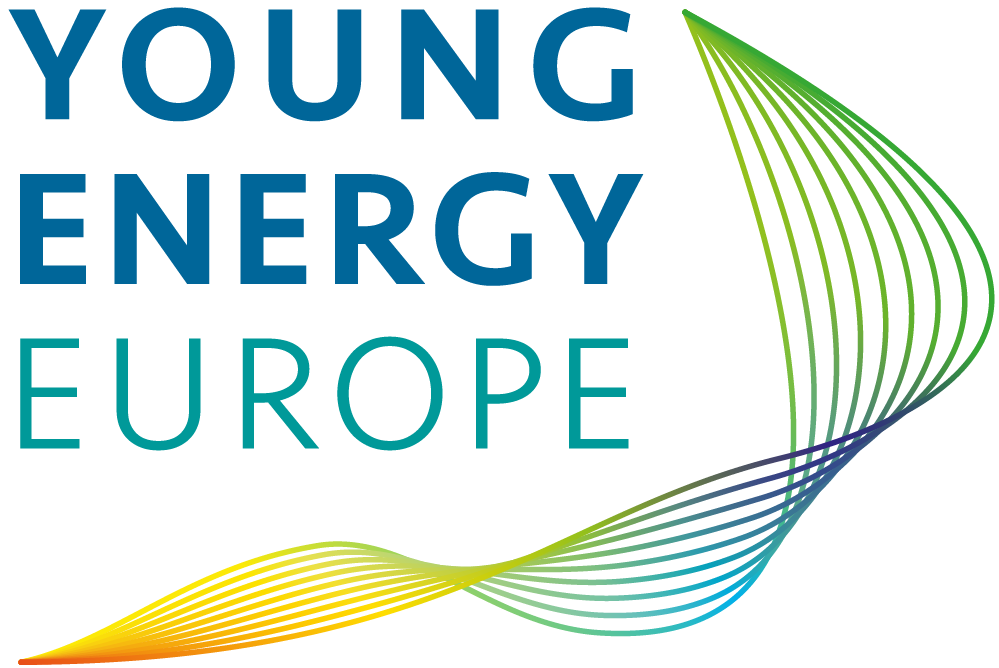40 Energy Scouts from twelve companies and two municipal organisations presented their practical projects online to the jury at the German-Hungarian Knowledge Centre (DUWZ) of the German-Hungarian Chamber of Commerce and Industry (AHK Hungary) in Budapest on 17th November.
Evelin Németh and István László from Fővárosi Vízművek Zrt, the Budapest Waterworks, secured first place with their practical project. The energy efficiency project involves the installation of a photovoltaic system on a previously unused open space within the company. However, the electricity is not fed into the grid or stored in a battery as usual, but used to “lift” water into a little-used water reservoir. Following the basic principle of a pumped storage power plant, electricity can then be generated independently of solar irradiation and water can be supplied according to demand. The peak electricity load for the company is thus significantly reduced and the consumption curve is flatter. Thanks to the sustainably generated electricity, annual electricity consumption is reduced by 1,980 MWh and CO2 emissions are cut by around 416 tonnes.
The expert jury chose two special prize winners. The first special prize was awarded to the five-member Energy Scout team from Continental Automotive Hungary Kft. The Energy Scouts developed a software for carpooling, thus bundling the commuting of employees to the company. In addition to the possible annual savings of 99t CO2 emissions, the concept also promotes team building within the company. By pooling carpools via the app, the team calculated an annual cost saving of €25,000.
The second special price went to the team from MOL Petrolkémia Zrt (MOL). MOL is part of the MOL Group, a leading oil and gas company with international operations. In Hungary, the company is responsible for supplying electricity to its own operations, strategic partners and 70 external partners. In their practical phase, the Energy Scouts designed a scheduling tool with the aim of calculating the expected energy demand for the next few days more accurately and avoiding excessive electricity production. Historical consumption data and documentation of typical daily patterns at 15-minute intervals were helpful, and customers also had the opportunity to report planned production stops in advance. With the implementation of the concept, the team calculated probable cost saving of € 670,000 for their company while reducing CO2 emissions by 273 t per year. The projected savings amount to 1,299 MWh of electricity.





